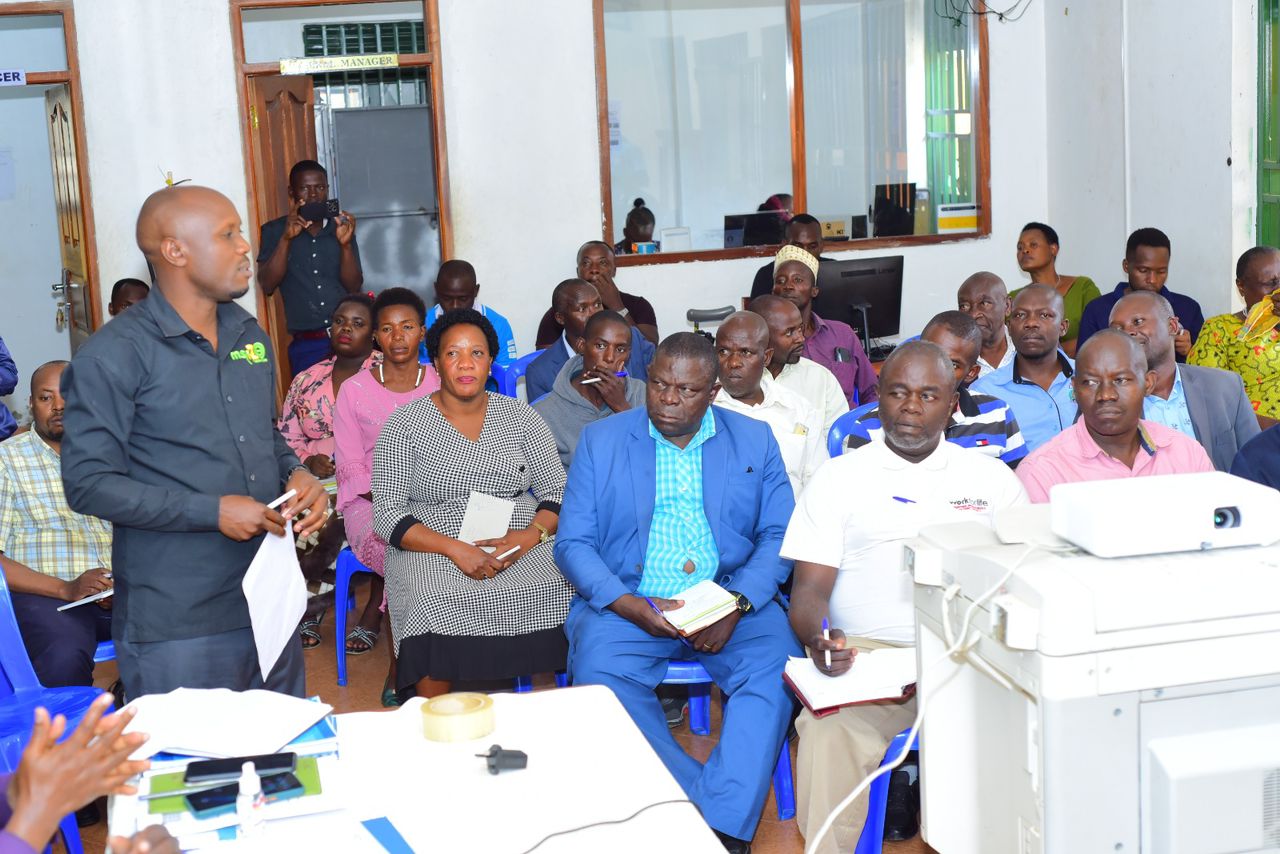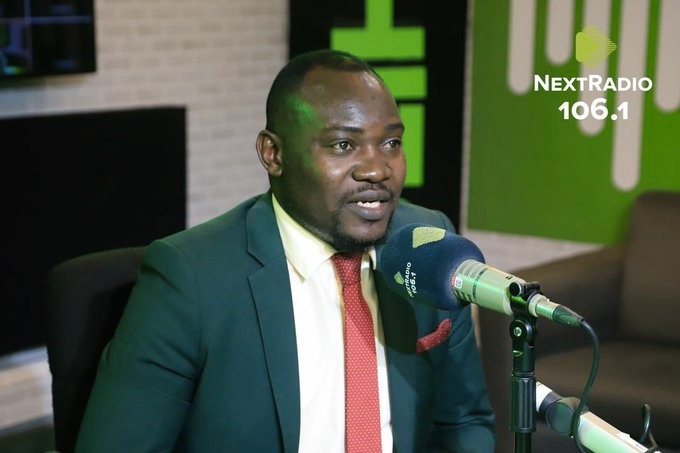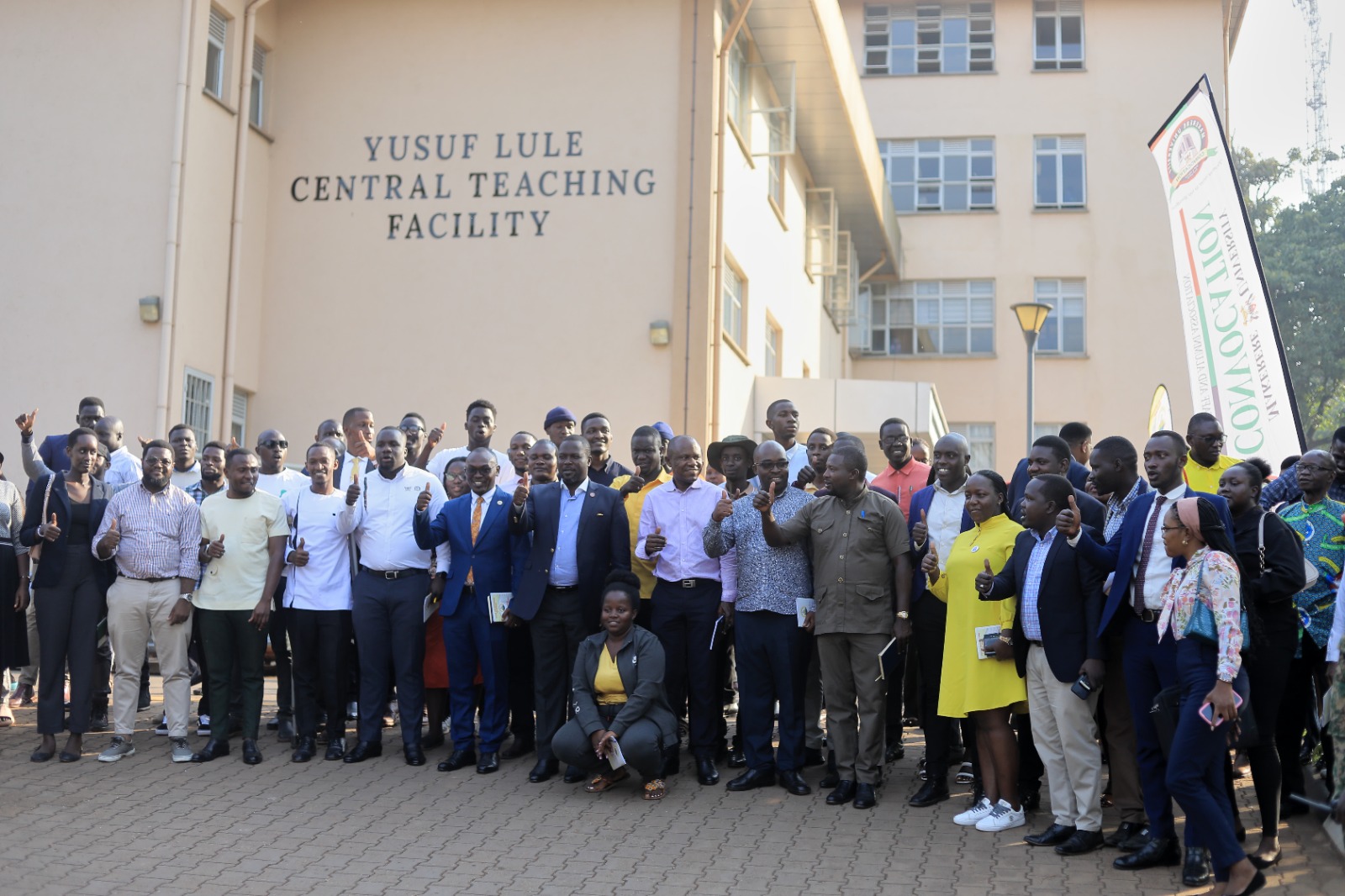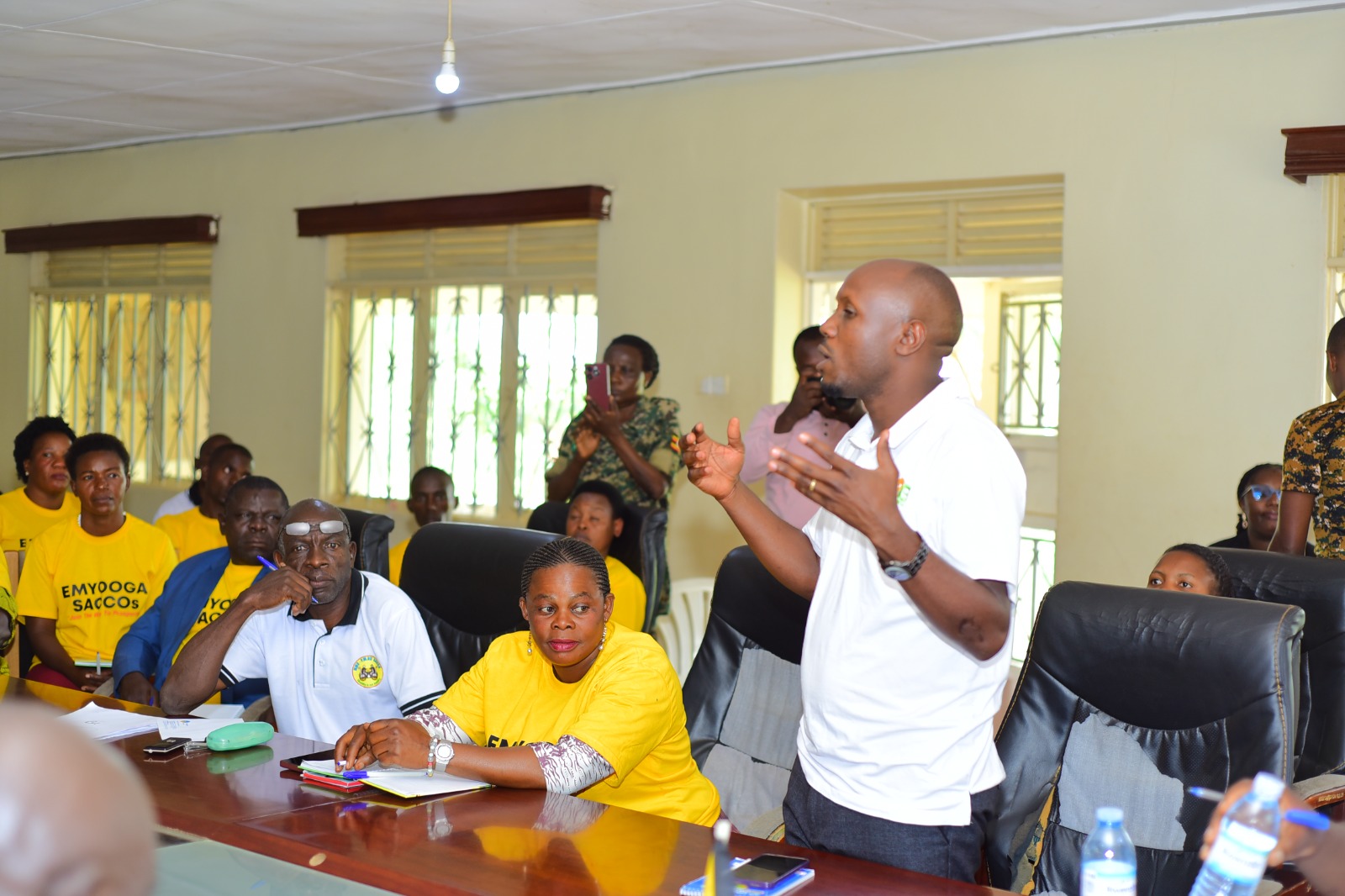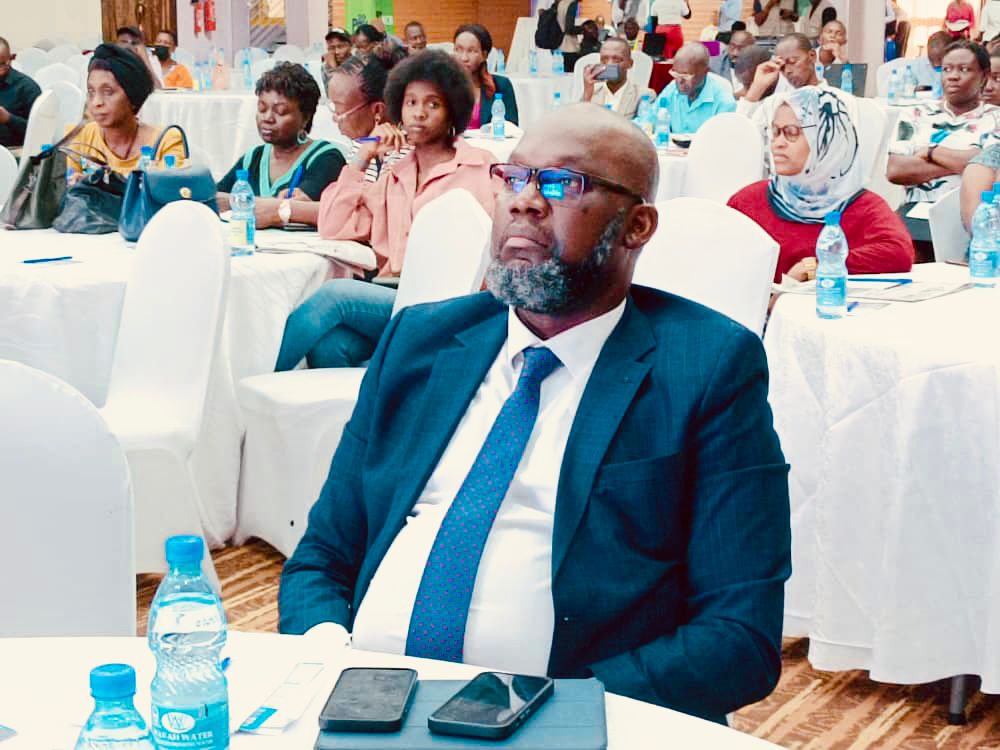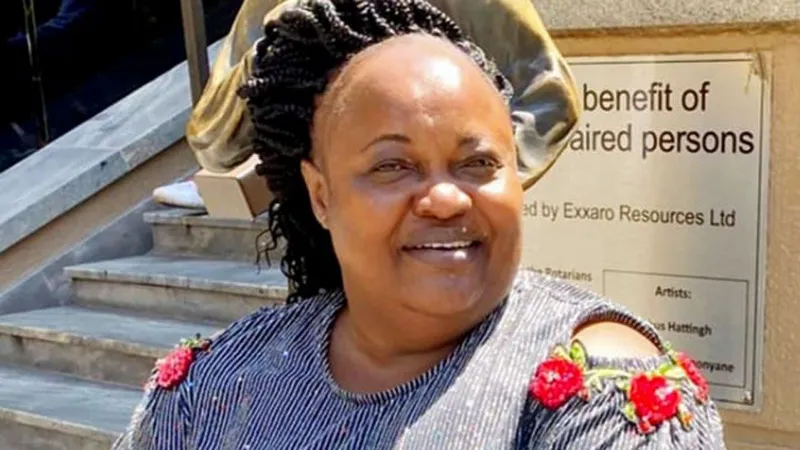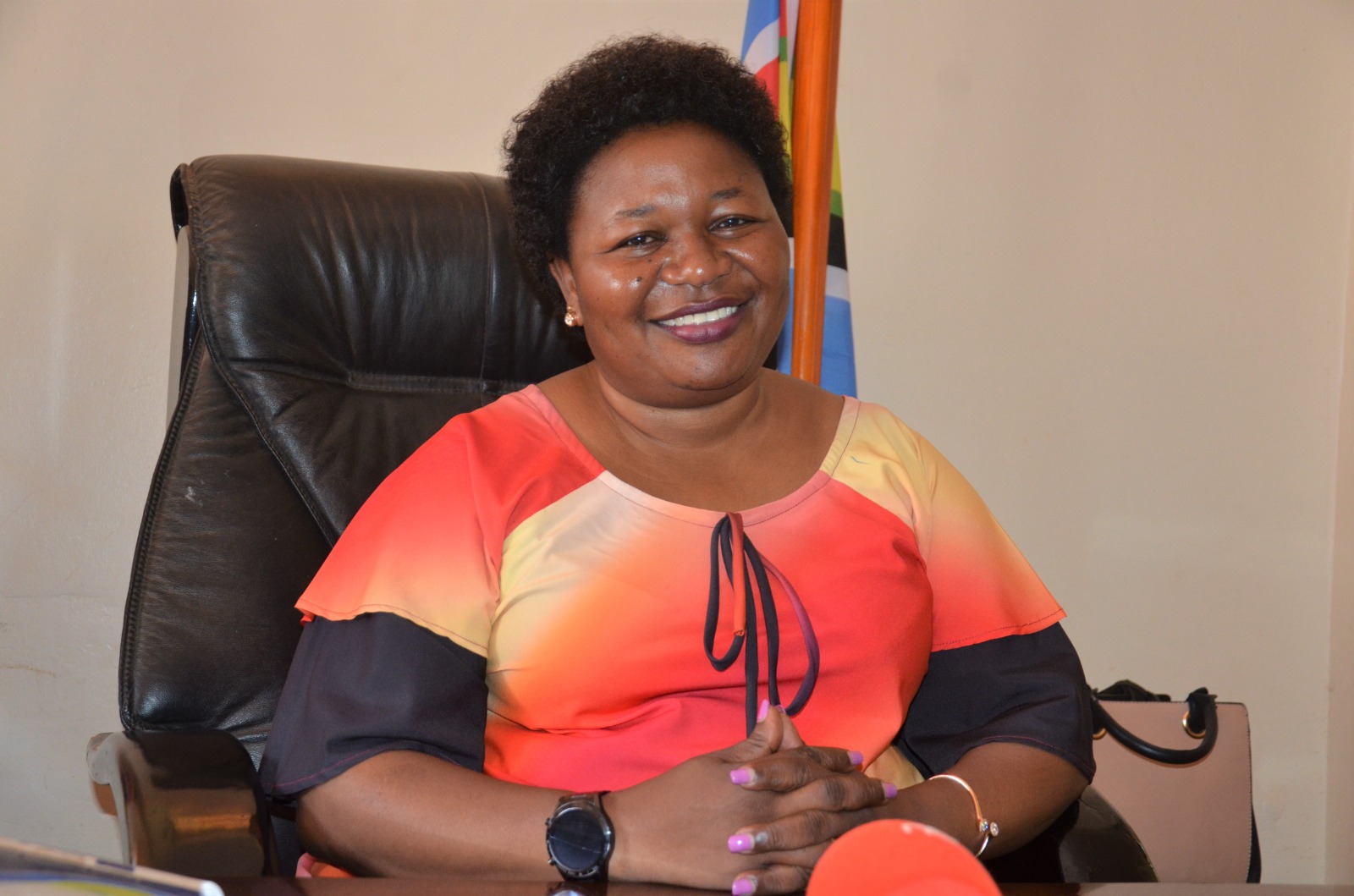Corruption ,climate change impede Uganda's budget performance-experts
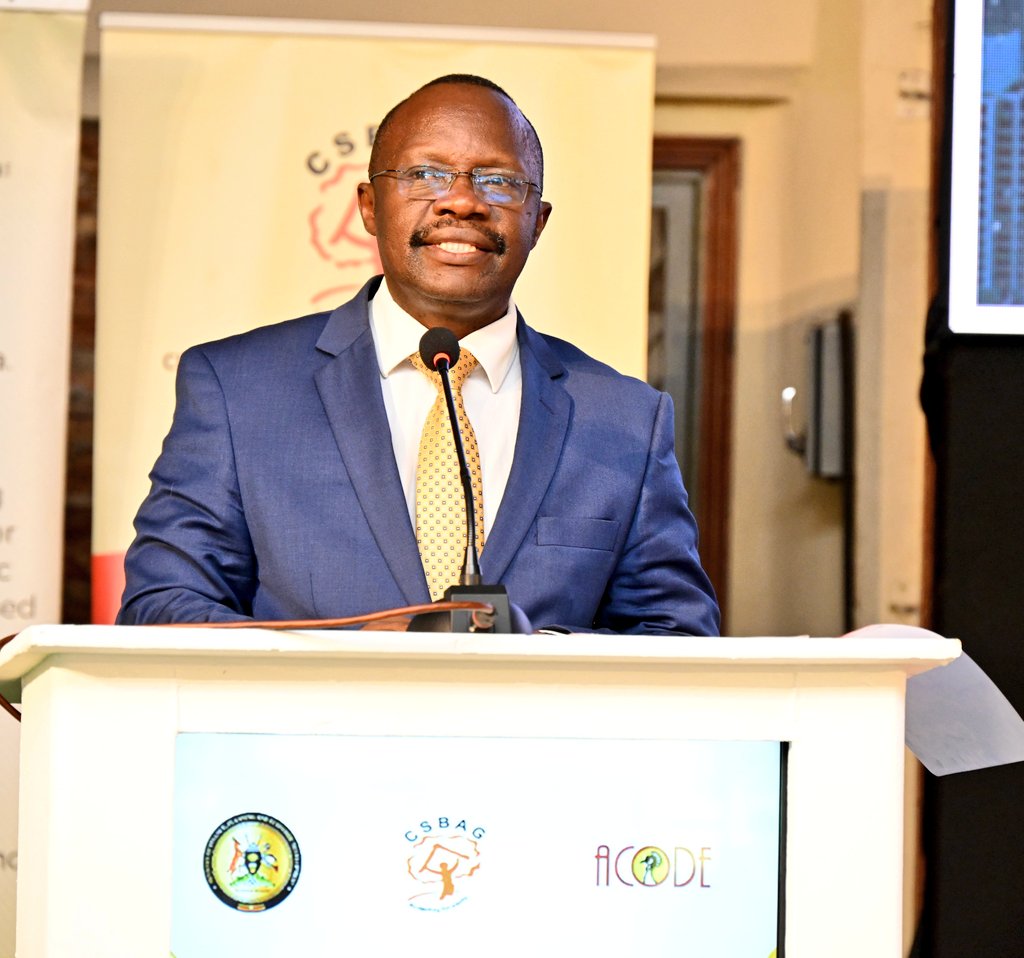
Experts have urged the government to urgently address corruption and climate change, as both are hindering budget performance and development.
These remarks were made during the Civil Society Organization (CSO) Post-Budget Dialogue for the financial year 2024/25, held under the theme "Transforming Challenges into Opportunities."
Keep Reading
The event was organised by the Advocates Coalition for Development and Environment (ACODE) and the Civil Society Budget Advocacy Group (CSBAG).
Dr. Arthur Beinomugisha, executive director of ACODE, expressed concerns about Uganda's economic and environmental challenges amidst the backdrop of global geopolitical tensions.
"We cannot ignore the geopolitical tensions around us. The war in Ukraine and the instability in Congo could have significant economic impacts," he said.
He also drew attention to the risks posed by regional and global geopolitical tensions, such as the conflict in Ukraine and the instability in the Democratic Republic of Congo, and their potential impact on Uganda's economy.
He highlighted Uganda's economic resilience and growth projections but emphasized significant threats such as corruption and climate change that impact budget performance.
"In the FY 2024/25 budget, climate change is a genuine concern. I commend the National Environment Authority for their proactive approach," Bainomugisha stated, urging support for environmental restoration efforts.
He pointed out that while Uganda is ranked well in terms of budget transparency, it falls behind in terms of accountability.
Bainomugisha mentioned that Uganda's economy is growing at an average rate of 5.5% and is projected to reach 6%.
"Our national budget for the financial year 2024/25 is likely to be affected by the reality of climate change. I am pleased that the National Environment Authority has finally taken action, and I urge Ugandans to support their work. We must act intelligently to restore degraded areas," said Bainomugisha.
Dr. Bainomugisha also emphasised the government's ongoing efforts to combat corruption, describing it as a serious threat to the economy and security.
"Corruption remains a severe threat to our economy and security. I am glad the government is taking strong measures against it. We must ensure that corruption is suppressed and does not manifest openly in our society," he stated.
He commended Uganda's economic resilience and growth.
"I want to congratulate our Minister of Finance, the permanent secretary, their officers, as well as civil society and the Bank of Uganda, for maintaining our economy's stability and growth," he expressed.
The current budget for the financial year 2024/25 is set at shs72.1 trillion , making it one of the largest in the region, surpassing Tanzania's budget.
However, Bainomugisha emphasised the need to address various challenges to enhance service delivery and living standards.
"While having a substantial budget is beneficial, we must collaborate to tackle challenges such as climate change that can counteract our economic progress," he noted.
"Climate change adaptation and mitigation are crucial for sustaining our development."
Dr. Bainomugisha also stressed the importance of prudently managing national debt due to its potential impact on the economy.
"Debt servicing is a major concern. We must exercise caution in how we contract and manage our debt to prevent economic disruptions," he cautioned.
He acknowledged the efforts of the National Environment Management Authority (NEMA) in addressing environmental degradation and urged Ugandans to support their initiatives.
"NEMA is now taking decisive action on environmental issues. We must support their efforts to restore degraded areas, as it is vital for our economic stability," he said.
He also praised the Parish Development Model (PDM), a government initiative aimed at integrating 39% of Ugandans into the formal economy.
However, implementation challenges persist, primarily due to corruption and mismanagement at the local level. The experts noted a lack of awareness and proper management, which undermines the objectives of the PDM.
Julius Mukunda, the Executive Director of CSBAG, emphasised the need to address the issue of debts to achieve budget outcomes.
He urged the government to minimise domestic borrowing and prioritise borrowing for infrastructure development.
Mukunda further criticised the financial year 2024/25 budget for not adequately addressing the nation's challenges but catering to the preferences of Members of Parliament and other leaders.
"As CSOs and citizens of Uganda, we should take government spending seriously, utilize feedback platforms provided by the government effectively, engage with leaders, monitor progress, and demand results. Citizens also need to voice their concerns regarding issues that distort the planning and budgeting process," Mukunda said.




